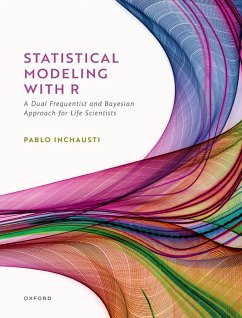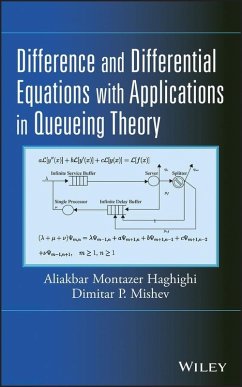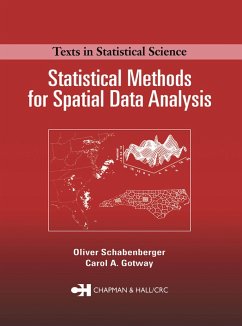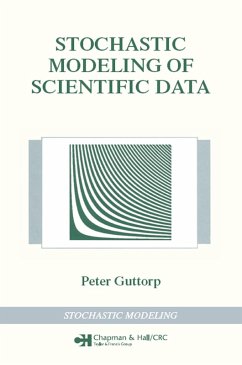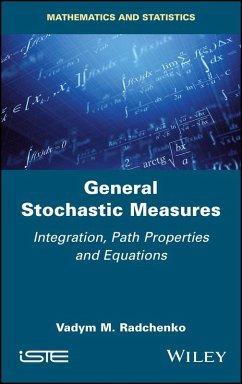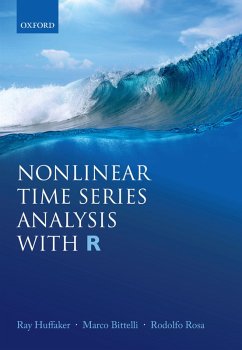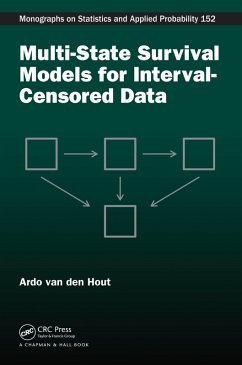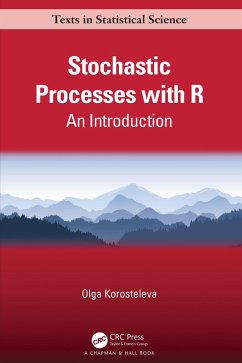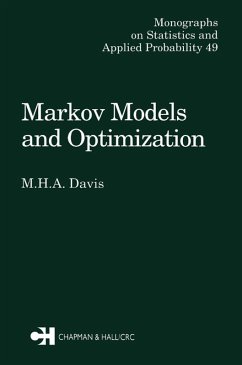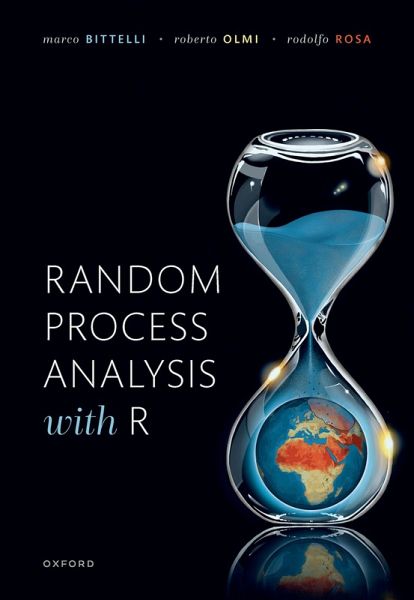
Random Process Analysis With R (eBook, PDF)

PAYBACK Punkte
15 °P sammeln!
Random process analysis (RPA) is used as a mathematical model in physics, chemistry, biology, computer science, information theory, economics, environmental science, and many other disciplines. Over time, it has become more and more important for the provision of computer code and data sets. This book presents the key concepts, theory, and computer code written in R, helping readers with limited initial knowledge of random processes to become confident in their understanding and application of these principles in their own research. Consistent with modern trends in university education, the au...
Random process analysis (RPA) is used as a mathematical model in physics, chemistry, biology, computer science, information theory, economics, environmental science, and many other disciplines. Over time, it has become more and more important for the provision of computer code and data sets. This book presents the key concepts, theory, and computer code written in R, helping readers with limited initial knowledge of random processes to become confident in their understanding and application of these principles in their own research. Consistent with modern trends in university education, the authors make readers active learners with hands-on computer experiments in R code directing them through RPA methods and helping them understand the underlying logic. Each subject is illustrated with real data collected in experiments performed by the authors or taken from key literature. As a result, the reader can promptly apply the analysis to their own data, making this book an invaluable resource for undergraduate and graduate students, as well as professionals, in physics, engineering, biophysical and environmental sciences, economics, and social sciences.
Dieser Download kann aus rechtlichen Gründen nur mit Rechnungsadresse in A, B, BG, CY, CZ, D, DK, EW, E, FIN, F, GR, HR, H, IRL, I, LT, L, LR, M, NL, PL, P, R, S, SLO, SK ausgeliefert werden.




